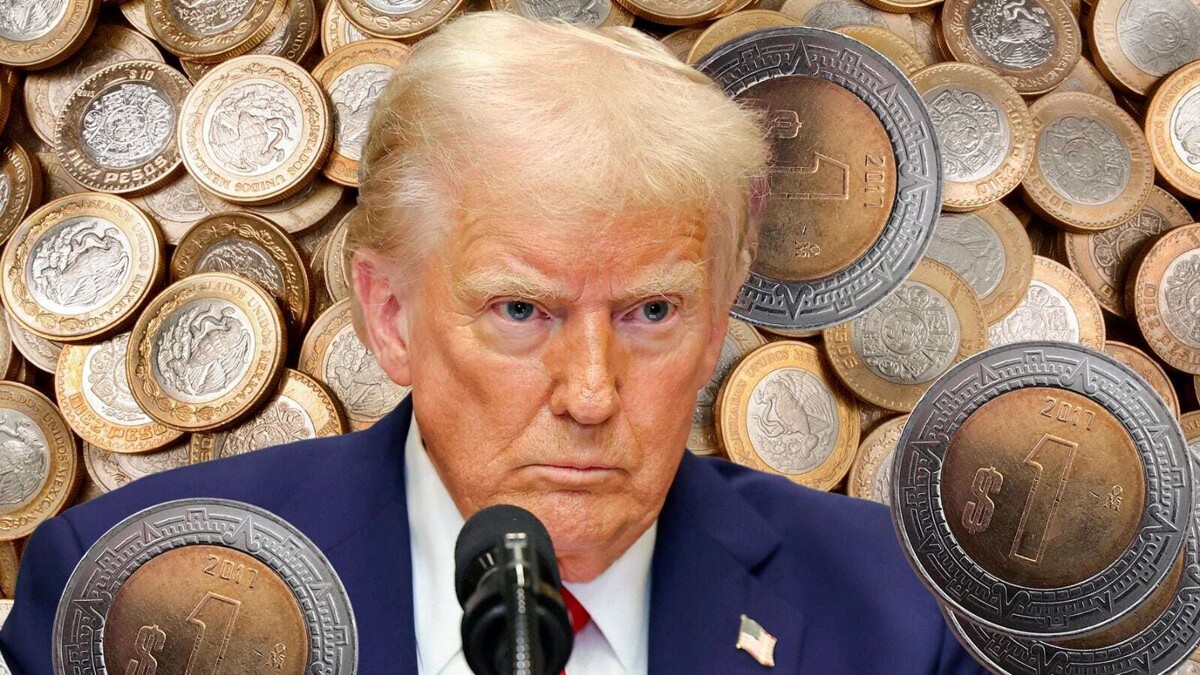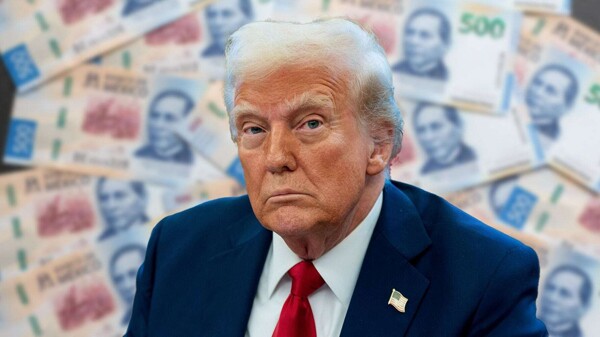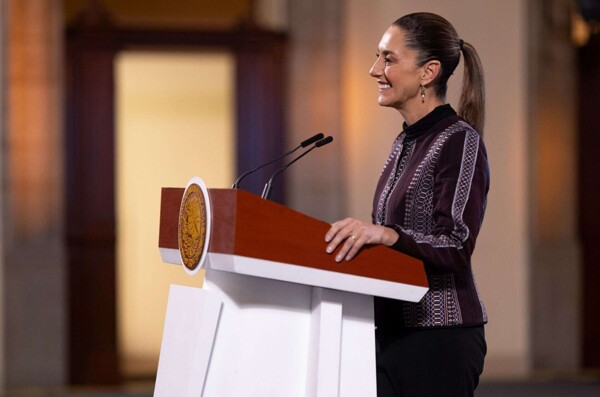
The Mexican peso has gained ground against the dollar in a session marked by President Donald Trump's speech at the 2025 Davos Economic Forum, where announcements regarding U.S. trade policy are anticipated. At 11:50 a.m., the Mexican peso appreciates by 0.79 percent, placing the exchange rate at 20.33 units, 14 cents lower than at the close on January 22.
Janneth Quiroz, director of economic and exchange rate analysis at Monex, noted: “The exchange rate continues to reverse the losses of previous sessions, considering lower fears about Trump’s tariff measures and awaiting the decision from the Bank of Japan (BOJ).”
In bank windows, the dollar is sold at 20.94 units and bought at 19.91 pesos, according to Citibanamex. The dollar index (DXY), which measures the strength of the dollar against a basket of major currencies, rises by 0.06 percent to 108.23 units, while the Bloomberg dollar index (BBDXY) falls by 0.10 percent, standing at 1302.65 points.
On the other hand, in the money market, the yield on the 10-year bond for the United States is 4.64 percent, while the equivalent bond in Mexico remains at 10.40 percent. Among the most devalued currencies on January 23 are the Israeli shekel with 0.63 percent, the South African rand with 0.39 percent, the Brazilian real with 0.26 percent, and the Canadian dollar with 0.23 percent.
In his address during the Davos Economic Forum, Donald Trump urged Saudi Arabia and other OPEC nations to reduce the cost of oil, reiterating his threat to implement tariffs to repatriate manufacturing plants to the United States. Trump also mentioned the need for an immediate reduction in interest rates and criticized the economic policies of his predecessor, Joe Biden.
During his video call speech, Trump warned world leaders that in his second term he would use tariffs to promote domestic production. He stated that if companies do not manufacture in the United States, they will have to pay tariffs, which will direct huge sums of money to the U.S. Treasury.














